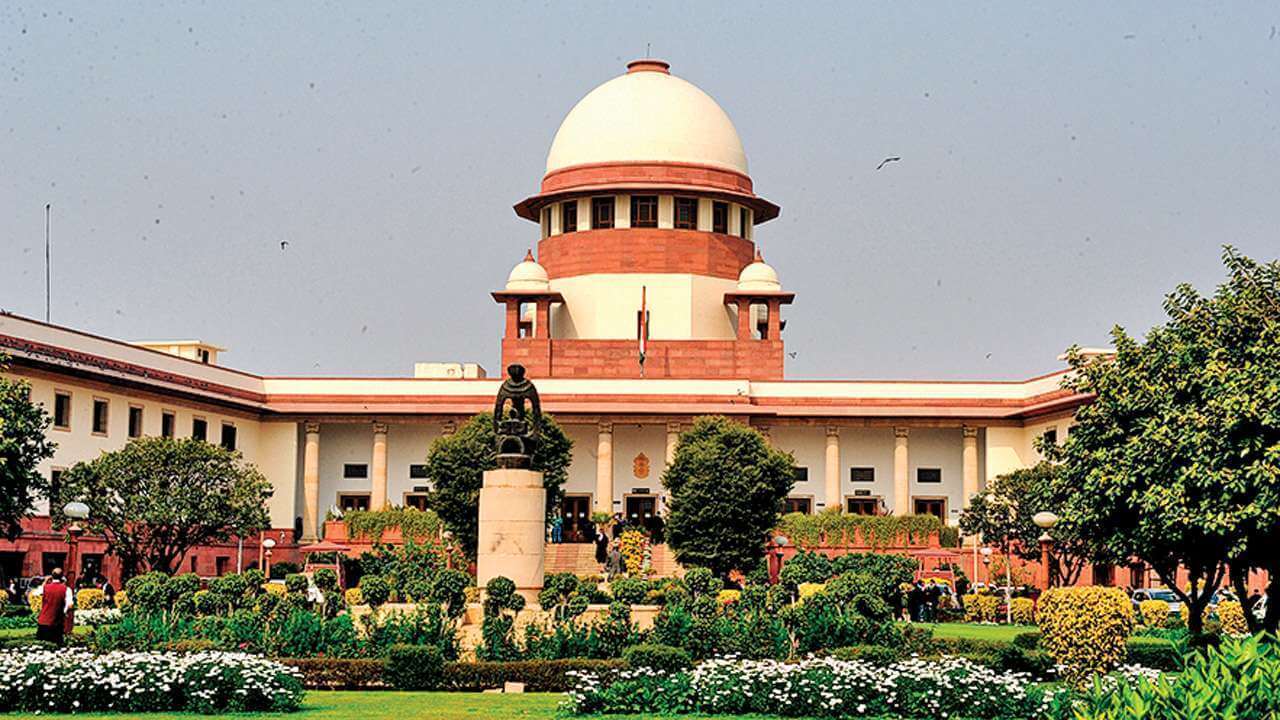By – Shubhnedra Singh Rajawat
The Supreme Court authorized a rape victim to have her over 27-week pregnancy medically terminated.
On Monday, the Gujarat high court was severely criticized by the Supreme Court for the way it handled a rape survivor’s request for an abortion. The Supreme Court also let the rape victim to have her over 27-week pregnancy medically terminated, noting that pregnancy outside of marriage is harmful and a source of stress.
A bench of Justices BV Nagarathna and Ujjal Bhuyan found that the high court erred in dismissing the request for a miscarriage after taking into account the survivor’s medical report.
“We do not appreciate the high court’s response to the rulings of the Supreme Court. What is going on at Gujarat’s high court? Judges respond to a higher court’s order in this manner, right? This is not something we like. High court justices are making attempts like this to go around what we have said, like this. The High Court ruled that none of its judges were required to provide an explanation for its decision.
According to the Supreme Court, pregnancy is a cause for joy and celebration in Indian society within the institution of marriage, not just for the couple but also for family and friends.
“In contrast, pregnancy outside of marriage is harmful, particularly in cases of sexual assault or abuse, and is a source of stress and trauma affecting pregnant women’s physical and mental health.” Sexual assault on a woman is upsetting in and of itself, and sexual abuse that results in pregnancy adds insult to injury. This is due to the fact that such a pregnancy is not voluntary or conscious.
“In light of the foregoing discussion and the medical report, we grant the appellant’s request to terminate her pregnancy.” “We direct her to appear in hospital tomorrow so that the pregnancy termination procedure can be carried out,” the bench added.
The Supreme Court ruled that if the foetus is discovered to be alive, the hospital must provide all necessary support, including incubation, to ensure the foetus’s survival.
If it lives, the state is required to take steps to ensure the child is adopted in line with the law, according to the legislation.
The Supreme Court voiced its disapproval with the Gujarat High Court’s adjournment of the survivor’s appeal for medical termination of her pregnancy in a special sitting on Saturday, saying “valuable time” had been lost during the case’s pendency.
The highest limit for terminating a pregnancy under the Medical Termination of Pregnancy (MTP) Act is 24 weeks for married women, special groups including rape survivors, and other vulnerable women such as the differently-abled and minors.

